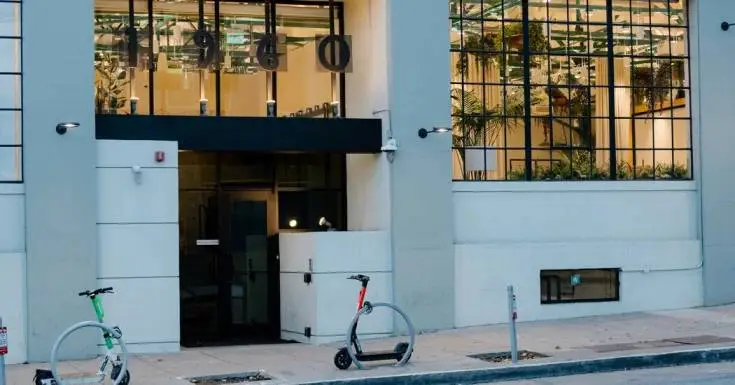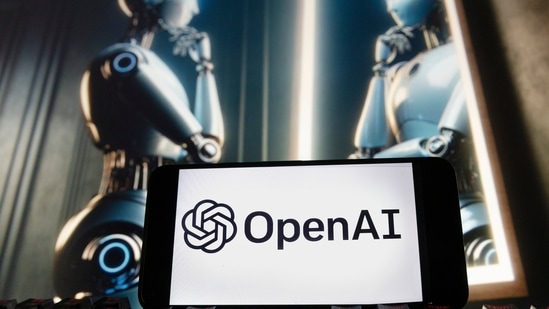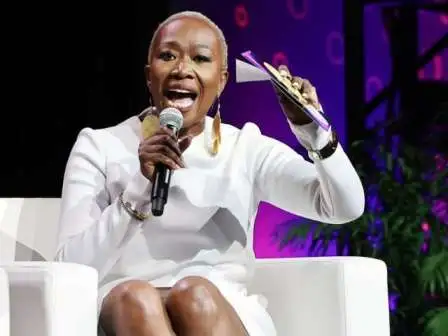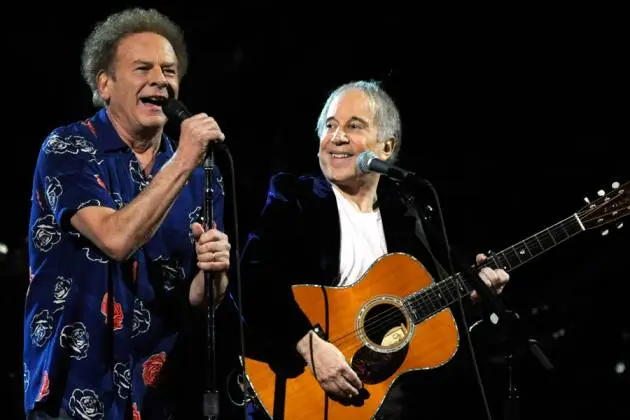
A Hacker Stole OpenAI Secrets, Raising Fears That China Could, Too
A security break at the creator of ChatGPT last year uncovered inner conversations among specialists and different representatives, yet not the code behind OpenAI's frameworks. Early last year, a programmer accessed the interior informing frameworks of OpenAI, the creator of ChatGPT, and took insights regarding the plan of the organization's A.I. advancements.
The programmer lifted subtleties from conversations in a web-based gathering where workers discussed OpenAI's most recent advances, as per two individuals acquainted with the occurrence, yet didn't get into the frameworks where the organization houses and fabricates its man-made consciousness.
OpenAI leaders uncovered the occurrence to workers during a gathering required for everyone at the organization's San Francisco workplaces in April 2023 and educated its board regarding chiefs, as per the two individuals, who examined delicate data about the organization on the state of secrecy.

In any case, the chiefs chose not to share the news openly in light of the fact that no data about clients or accomplices had been taken, the two individuals said.
The chiefs didn't consider the occurrence a danger to public safety since they accepted the programmer was a confidential person with no known connections to an unfamiliar government. The organization didn't illuminate the F.B.I. or then again any other person in policing.
For some OpenAI representatives, the news raised fears that unfamiliar foes, for example, China could take A.I. innovation that while now generally a work and examination instrument could ultimately jeopardize U.S. public safety. It additionally prompted inquiries concerning how truly OpenAI was treating security, and uncovered cracks inside the organization about the dangers of computerized reasoning.
After the break, Leopold Aschenbrenner, an OpenAI specialized program supervisor zeroed in on guaranteeing that future A.I. innovations don't inflict any kind of damage, sent a reminder to OpenAI's directorate, contending that the organization was not doing what's necessary to forestall the Chinese government and other unfamiliar enemies from taking its privileged insights.
Mr. Aschenbrenner said OpenAI had terminated him this spring for releasing other data outside the organization and contended that his excusal had been politically spurred.

He insinuated the break on a new web recording, yet subtleties of the episode have not been recently revealed. He said OpenAI's security wasn't sufficiently able to safeguard against the burglary of key privileged insights assuming unfamiliar entertainers were to invade the organization.
We value the worries Leopold raised while at OpenAI, and this didn't prompt his partition," an OpenAI representative, Liz Middle class, said. Alluding to the organization's endeavors to construct counterfeit general insight, a machine that can do anything the human cerebrum can do, she added,
While we share his obligation to building safe A.G.I., we can't help contradicting a significant number of the cases he has since made about our work. This incorporates his portrayals of our security, quite this episode, which we tended to and imparted to our board before he joined the organization.
Fears that a hack of an American innovation organization could have connections to China are not preposterous. Last month, Brad Smith, Microsoft's leader, affirmed on Legislative center Slope about how Chinese programmers utilized the tech monster's frameworks to send off a boundless assault on national government organizations.

In any case, under government and California regulation, OpenAI can't keep individuals from working at the organization in light of their identity, and strategy analysts have said that banishing unfamiliar ability from U.S. tasks could fundamentally block the advancement of A.I. in the US.
We want the best and most splendid personalities chipping away at this innovation," Matt Knight, OpenAI's head of safety, told The New York Times in a meeting. It accompanies a few dangers, and we really want to sort those out. The Times has sued OpenAI and its accomplice, Microsoft, guaranteeing copyright encroachment of information content connected with A.I. frameworks.)
OpenAI isn't the main organization constructing progressively strong frameworks utilizing quickly further developing A.I. innovation. Some of them most quite Meta, the proprietor of Facebook and Instagram are uninhibitedly imparting their plans to the remainder of the world as open source programming. They accept that the risks presented by the present A.I. advancements are thin and that sharing code permits specialists and scientists across the business to distinguish and fix issues.
The present A.I. frameworks can assist with spreading disinformation web based, including text, actually pictures and, progressively, recordings. They are likewise starting to remove a few positions.
Organizations like OpenAI and its rivals Human-centered and Google add guardrails to their A.I. applications prior to offering them to people and organizations, expecting to keep individuals from utilizing the applications to spread disinformation or create different issues.
Yet, there isn't a lot of proof that the present A.I. innovations are a huge public safety risk. Concentrates by OpenAI, Human-centered and others throughout the last year showed that A.I. was not fundamentally more hazardous than web indexes.
Daniela Amodei, a Human-centered fellow benefactor and the organization's leader, said its most recent A.I. innovation wouldn't be a significant gamble on the off chance that its plans were taken or unreservedly imparted to other people.

Assuming it were possessed by another person, might that at some point be tremendously hurtful to a great deal of society? Our response is No, most likely not, she told The Times a month ago. Might it at any point speed up something for a troublemaker not too far off? Perhaps. It is truly theoretical.
In any case, specialists and tech chiefs have long stressed that A.I. might one day at any point fuel the formation of new bioweapons or help break into government PC frameworks. Some even accept it could obliterate mankind.
Various organizations, including OpenAI and Human-centered, are as of now securing their specialized activities. OpenAI as of late made a Wellbeing and Security Board to investigate how it ought to deal with the dangers presented by future innovations.
The board incorporates Paul Nakasone, a previous Armed force general who drove the Public safety Office and Digital Order. He has additionally been selected to the OpenAI top managerial staff.
We began putting resources into security years before ChatGPT," Mr. Knight said. We're on an excursion not exclusively to comprehend the dangers and remain in front of them, yet in addition to develop our flexibility.
Bureaucratic authorities and state officials are additionally pushing toward unofficial laws that would ban organizations from delivering specific A.I. innovations and fine them millions assuming their advancements hurt. In any case, specialists say these perils are still years or even many years away.
Chinese organizations are building frameworks of their own that are close to as strong as the main U.S. frameworks. By certain measurements, China obscured the US as the greatest maker of A.I. ability, with the nation producing close to a portion of the world's top A.I. specialists.








